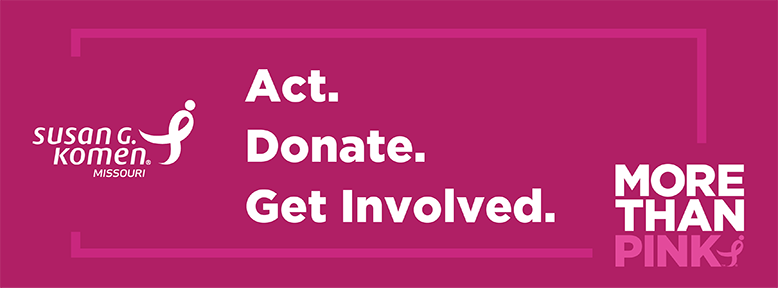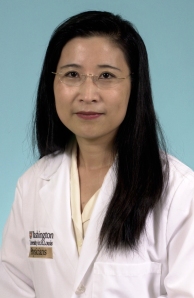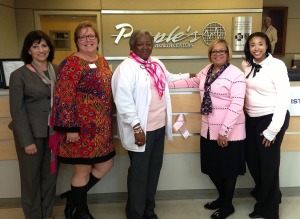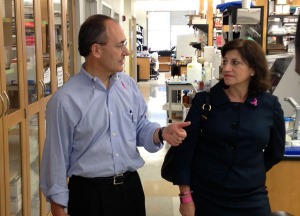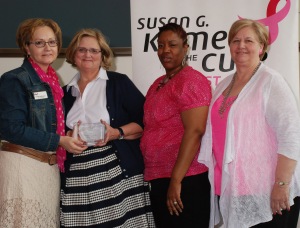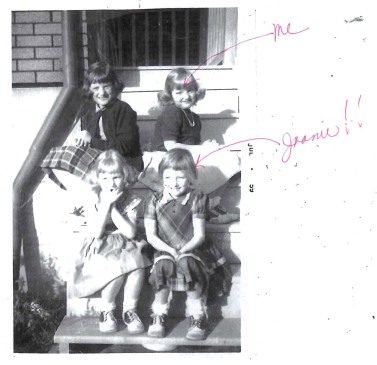No stranger to bad news, Kim Beard-Morris also knows a thing or two about surviving. The 53-year-old is finishing a second successful fight against breast cancer 11 years after the first. It’s a team effort, she said.
“This is very, very difficult and stressful,” Beard-Morris said about being diagnosed a second time. “But my breast-health navigators help me out. I don’t know what I’d do without them.”
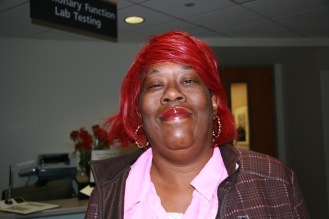
Kim Beard-Morris
She is one of 4,000 breast cancer patients helped every year by the Navigator Project at Siteman Cancer Center at Barnes-Jewish Hospital and Washington University School of Medicine. The program, funded in large part by Susan G. Komen Missouri, assists women from medically underserved areas who are undergoing diagnosis and treatment. Navigators coordinate services and provide referrals to community and social-service resources.
The navigators, including Nedra Bramlett-Stevenson of Barnes-Jewish Hospital, offer a sympathetic ear, too. She and Beard-Morris have forged a bond, and the two shared a hug before Beard-Morris’ recent doctor’s appointment
“When I first talked with her,” Bramlett-Stevenson said, “she was upset because she didn’t want to go through this again. She thought her world was going to end.”
Since 1999, the Komen Greater St. Louis Race for the Cure has raised more than $30 million for local breast cancer programs, including more than $7 million for the Navigator Project at Siteman. Registering for the Race is about more than raising breast cancer awareness or honoring a loved one. Contributions to the race, held this year on June 11, make a difference in the lives of thousands of St. Louis-area women.
Susan Kraenzle, RN, who manages supportive care at Siteman, said an application process determines which patients qualify for assistance through the Navigator Project. If screening results are abnormal or clinical follow-up is needed, the program ensures patients may access financial help needed to complete treatment.
“The Navigator Project is a perfect example of what Race for the Cure does for the larger community,” Kraenzle said. “With funding from the event, we’re working to eliminate not only financial barriers to treatment but also the confusion and fear that often come with a breast cancer diagnosis.”
Up to 75 percent of net money raised by the Komen Greater St. Louis Race for the Cure stays in the region to fund education, screening, treatment and support programs such as the Navigator Project.
When Beard-Morris shared her worry about being treated a second time for breast cancer, Bramlett-Stevenson discussed how therapies had improved considerably since 2005.
“I thank God they sent me to her, said Beard-Morris, who is cancer-free again.
Learn more about Susan G. Komen Missouri at http://www.komenmissouri.org. Register for the 2016 Komen Greater St. Louis Race for the Cure at http://www.komenmissouri.org/STLRace.
